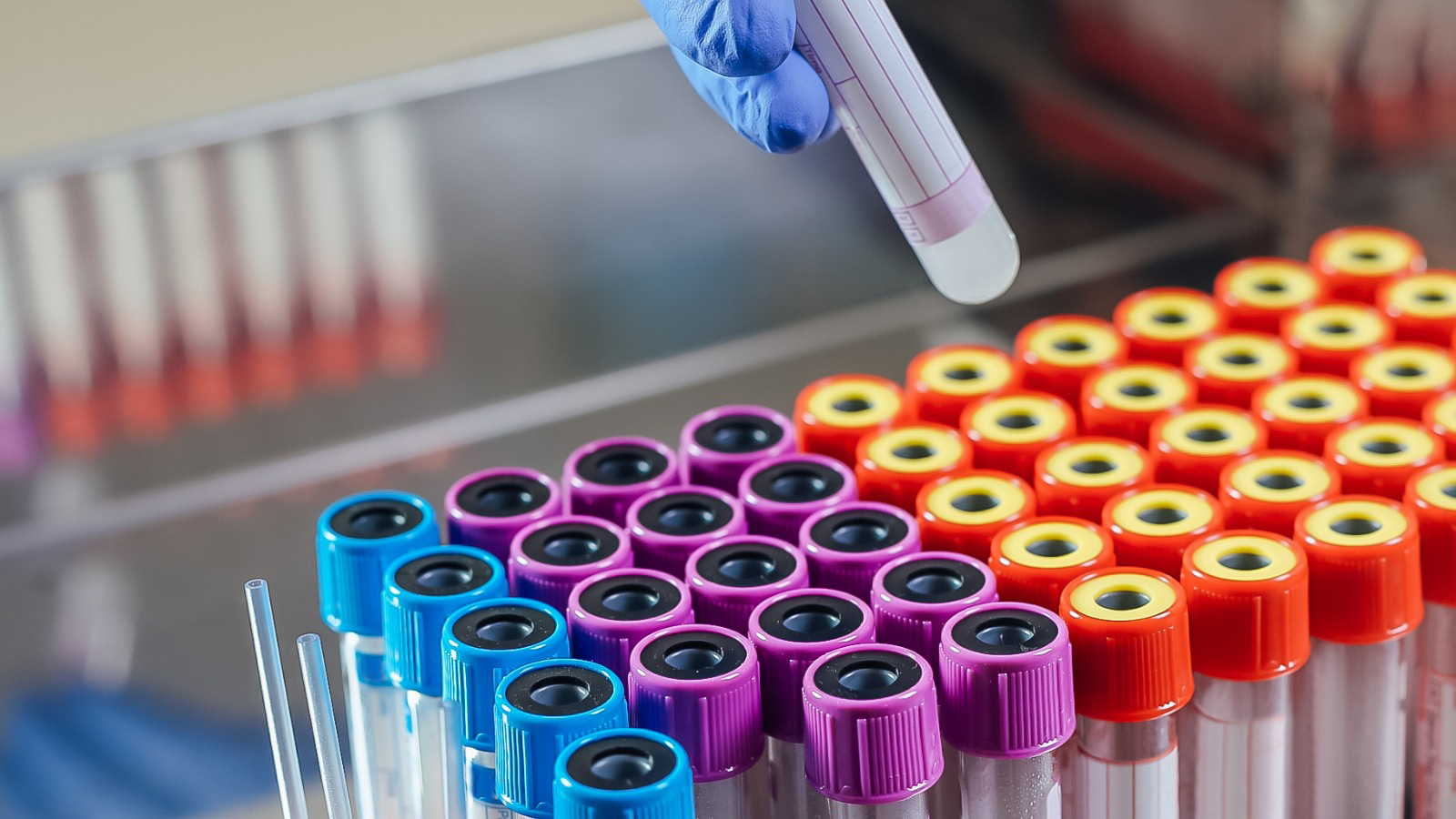Opening Times | Patient Access | Contact Us
CQC Rating Good
Tests and Results
How do I get my results?
Online We strongly recommend our patients register for Patient Access or NHS App to view test results online. The Clinician who has reviewed the results will make a comment about whether any action is required. Alternatively, we would ask that you use our new Online Contact Form to submit an Admin Query to check your test results.
Telephone
If you don’t have access to the internet or a smartphone then you can still call the Practice main line number on 0208 788 0686 from 10am - 4pm to ask for test results.
The practice will only contact you about results that require action. We ask that you check your test results according to the timescales below;
- · Urine samples: 7 days
- · Blood tests, Swab tests and Stool samples: 7 days
- · X-Ray results: 7 days
- · Ultrasound scans: 10 days
- · Smear tests: 3 weeks
- · Nail clippings: 3 weeks
What can the receptionist tell me?
The receptionists are only able to give limited information about test results, depending on what the clinician will have noted when they were received. If the clinician has commented that they are normal, the receptionist can tell you this. If the result is abnormal or requires further action the receptionist can book a follow up appointment with the clinician who requested the test.
What if there is a problem?
If there is a test result that requires urgent action, the practice will try and get in touch with you. Initially this would be by telephone, otherwise by text message or letter. If routine action is required, we will wait for you to contact the Practice and if you have not contacted us within a certain time we will contact you to arrange appropriate follow up.
How do I get my hospital test results?
Results are not automatically forwarded to the practice if they have been requested by a hospital clinician. It may not be appropriate for the clinicians at the practice to be interpreting hospital tests. Please call the hospital clinic that organised the test to follow up the results.
Note that the practice has a strict policy regarding confidentiality and data protection and we will only release test results to the person to whom they relate unless that person has given prior permission for the release of this data or they are not capable of understanding the results.

Blood Tests
We have pre-bookable blood test appointments available every morning (Mon-Fri) from 8 AM at the practice. Some of these will be available to book online via Patient Access. They can also be requested via are new Online Contact Form medical issue query. If you are unable to use either of these methods you can still call the practice to make a booking.
A blood test is when a sample of blood is taken for testing in a laboratory. Blood tests have a wide range of uses and are one of the most common types of medical test. For example, a blood test can be used to:
- assess your general state of health
- confirm the presence of a bacterial or viral infection
- see how well certain organs, such as the liver and kidneys, are functioning
A blood test usually involves the phlebotomist taking a blood sample from a blood vessel in your arm. and the usual place for a sample is the inside of the elbow or wrist, where the veins are relatively close to the surface. Blood samples from children are most commonly taken from the back of the hand. The child's hand will be anaesthetised (numbed) with a special cream before the sample is taken.
You can find out more about blood tests, their purpose and the way they are performed on the NHS Choices website.
X-Rays
An X-ray is a widely used diagnostic test to examine the inside of the body. X-rays are a very effective way of detecting problems with bones, such as fractures. They can also often identify problems with soft tissue, such as pneumonia or breast cancer.
If you have a X-ray, you will be asked to lie on a table or stand against a surface so that the part of your body being X-rayed is between the X-ray tube and the photographic plate.

An X-ray is usually carried out by a radiographer, a healthcare professional who specialises in using imaging technology, such as X-rays and ultrasound scanners.
You can find out more about x-ray tests, how they are performed, their function and the risks by visiting the NHS Choices website.
Reception Enquiries
Back to Reception Enquiries Index
- Who do I see?
- Accessing GP services for someone else (Proxy Access)
- Online Services - Full Health Record Access?
- Opening Times
- Ask Reception a Question
- Sick / Unfit For Work Notes
- Join the Putneymead Practice
- Out Of Area Registration
- Change of Personal Details
- Test Results
- Catchment Area
- Prescription Requests
- What is a Physician Associate (PA)?
- Our Policies, Complaints and Practice Information
We use cookies to help provide you with the best possible online experience.
By using this site, you agree that we may store and access cookies on your device. Cookie policy.
Cookie settings.
Functional Cookies
Functional Cookies are enabled by default at all times so that we can save your preferences for cookie settings and ensure site works and delivers best experience.
3rd Party Cookies
This website uses Google Analytics to collect anonymous information such as the number of visitors to the site, and the most popular pages.
Keeping this cookie enabled helps us to improve our website.
